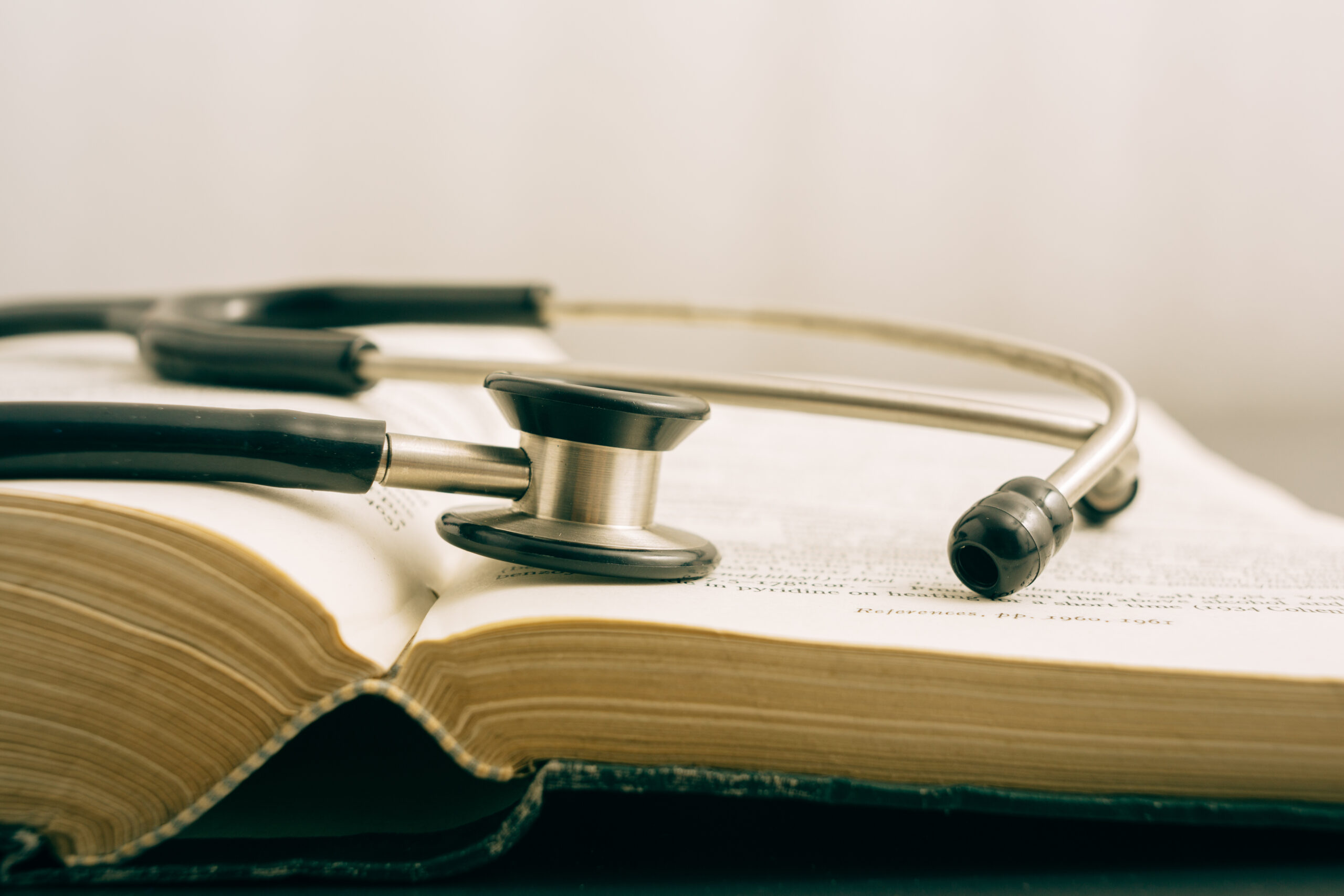The Road to the ER Started Long Before Medical School
People often assume that my journey into emergency medicine began in medical school, but the truth is, it started much earlier—back in classrooms where I was just beginning to understand how the world worked. I’ve always been drawn to the “why” behind things. That curiosity led me to major in biochemistry, with minors in math and French, during my time at David Lipscomb University. On paper, it might seem like an odd mix. But looking back, every part of that education built the foundation for the work I do now in the emergency room.
Biochemistry gave me a love for the details—the inner workings of the human body at the cellular and molecular level. It’s where I learned to think critically and to keep asking questions, even when the answers weren’t clear. Math taught me precision and problem-solving, and French—well, it reminded me that communication is more than just language. It’s about understanding people, culture, and the nuances that make each interaction unique. All of that comes into play daily when I walk into a hospital.
Science Meets Humanity
In emergency medicine, you’re expected to know a little bit of everything. You might be reading EKGs one minute and evaluating a newborn the next. That base I built studying biochemistry helps me stay grounded in the science, but medicine is more than formulas and physiology. It’s about applying that knowledge in real time, to real people, under real pressure.
What I found early on is that education trains your mind, but it also shapes your character. In the long labs and late-night study sessions, I learned persistence. When experiments failed—and many did—I learned how to approach problems from different angles. That mindset has served me well during critical moments in the ER when I’ve had to pivot quickly or manage the unexpected.
Even more importantly, my early education taught me to respect the complexity of the human body without losing sight of the human being. In the emergency room, it’s easy to get swept up in the technical side of things—vitals, imaging, labs—but the best doctors never forget that there’s a person at the center of every chart.
Lessons Beyond the Classroom
Of course, education didn’t stop when I finished college. Medical school at UAB was another level entirely. That’s where the science became real. The stakes were higher, the pace faster, and the people in white coats weren’t just professors anymore—they were physicians, mentors, and, often, role models.
Residency was a crucible. Those years tested everything I thought I knew about medicine and about myself. I remember the first time I was trusted to lead a resuscitation. I’d prepared for it in theory, but nothing can fully prepare you for the weight of responsibility when a life hangs in the balance. What carried me through those moments wasn’t just medical training—it was the discipline, focus, and perseverance that had been forming in me since the early days of college.
And honestly, that’s something I try to share with the younger doctors and medical students I work with today. Book knowledge matters, but it’s your habits, your attitude, and your ability to stay grounded under pressure that often determine your success in this field.
Every Patient Is a Lesson
One of the beautiful—and humbling—things about emergency medicine is that you never stop learning. No shift is the same as the one before it. Every patient brings a different story, a different challenge, and a different opportunity to grow. That mindset—the drive to keep learning, keep improving—was born out of my academic roots.
I also believe my education helped me develop a deep respect for the process of healing. In biochemistry, we studied the pathways that keep us alive—how cells function, how energy is made, how systems balance each other. In medicine, I’ve learned how easily those systems can fall apart, and how miraculous it is when they’re restored. That scientific awe has never left me, even after decades in practice.
From Head to Heart
Over time, I’ve come to appreciate how education isn’t just about what you learn with your head—it’s about what you carry in your heart. My years in school taught me how to think like a doctor, but life—and especially life in the ER—taught me how to feel like one.
It taught me how to deliver bad news with compassion, how to celebrate small victories, and how to stay steady in the middle of someone else’s worst day. It taught me that no matter how much you know, it’s the way you show up that matters most. That kind of wisdom isn’t written in any textbook, but it’s deeply tied to the values I picked up early on—both in school and in the people who taught me.
Looking Back and Moving Forward
If I could go back and tell my younger self one thing as he sat in a biochemistry lecture hall or puzzled over French grammar, it would be this: every moment matters. Every late-night study session, every failure, every unexpected “aha” moment is preparing you—not just for a career, but for a calling.
I didn’t know then that I’d end up in emergency medicine. But I’m grateful that the road I took prepared me not just to do this work, but to love it. And now, when I’m mentoring young doctors or caring for patients in the chaos of the ER, I can see how the classroom never really left me. It just moved to the bedside.
